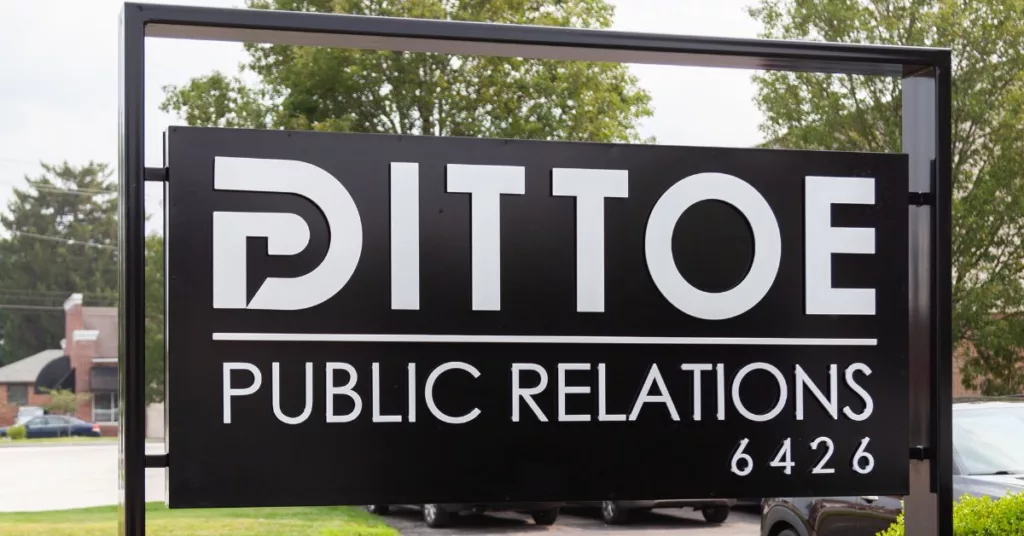You’ve probably heard of the Myers-Briggs personality types or the Keirsey temperaments, but do you know your enneagram? If you don’t, take the quick and free quiz “Classical Enneagram Test” here.
The enneagram is another personality test, but this one draws from your core motivations that helped shape you and is based on some of your biggest desires and fears. Your enneagram can show your biggest stressors and the coping mechanisms that may work the best for you. Learning and appreciating your enneagram type can help you understand the underlying reasons you’ve made a decision in your life – like your career.
Most of us want to be happy and fulfilled in our career, but according to a poll conducted by Gallup, only 30% of all full-time workers in the U.S. are engaged at work. What does that mean for the other 70%? Should they leave their gig and look for something new? Not necessarily! Your enneagram can suggest things to look for in your current job that will help you feel more engaged and fulfilled professionally.
1. The Reformer
Professional needs: accountability and responsibility
People of this personality type are usually looking to make things better. They are perfectionists who want to continuously improve. This type is detail-oriented and hyper-aware of flaws in themselves, others and the situations around them. This is their trigger for improvement, which can be problematic for themselves and those on the receiving end of their reform efforts. Professionally, they are often driven and ambitious and tend to be workaholics. A reformer is active in their career and finds fulfillment in getting things done.
2. The Helper
Professional needs: genuine connections and appreciation
“Twos” are generally helping people and feel worthy when they do so. They care a lot about their personal relationships and devote most of their energy to them and want to be appreciated for their efforts. Helping others makes a person of this type feel good about themselves and being needed makes them feel important – a two needs to be needed. Professionally, they may not recognize the extent of their involvement in helping others and will go the extra mile to help out a fellow co-worker.
3. The Achiever
Professional needs: recognition and rewards
People in this personality type enjoy being validated. They seek success and want to be admired. Many times, threes present themselves well, are self-confident, practical and driven. They are likeable and charismatic but can be hard to get to know. Professionally, they are hard-working, can be competitive, and are hyper-focused on achieving their goals. Achievers have a relentless drive to succeed and need for validation.
4. The Individualist
Professional needs: creative freedom and flexibility
Fours typically see themselves as different and unique. They desire to be understood and appreciated for what makes them their authentic selves but can also feel misunderstood for those exact same things. They can be emotionally complex and sensitive. Professionally, people of this type flourish without strict routines and rules to allow their thoughts and feelings to produce the best work. Individualists have an intense thought process with a passion for creation in their careers.
5. The Investigator
Professional needs: autonomy and exploration
People of this personality type tend to be shier and more independent. Fives are well read and thoughtful, and they usually become experts in the areas that capture their interest. They are very comfortable when it comes to brainstorming and ideation but can be hesitant to ask for help (even though others would likely be happy to do it). Professionally, fives can become completely absorbed in their projects and the pursuit of knowledge. The investigators enjoy recognizing patterns and connections and savor ideas.
6. The Loyalist
Professional needs: security and stability
People of this personality type have a core personality trait of fear (which sounds worse than it is) that translates into constant worrying and overthinking. They don’t trust easily and often wait to give their loyalty to someone until they have completely proven themselves, which can be a double-edged sword for a six. Professionally they are prepared for any crisis and troubleshoot extremely well to generate a feeling of security. A loyalist is detail-orientated and skeptical, using the resources they have to find solutions.
7. The Enthusiast
Professional needs: variety and excitement
Sevens want their lives to be an exciting adventure. They are usually practical and skillful in networking and promoting themselves and their interests. They’re often successful and enthusiastic with those they meet. Focusing can be hard for a seven, as they like to keep their options open. Professionally, they tend to multi-task to avoid focusing on one thing, are open-minded and enjoy being on the move. Enthusiasts enjoy all the different things life can throw at them, from new journeys to new ideas.
8. The Challenger
Professional needs: competence and influence
People of this type hate being controlled. They have strong instincts, strong wills and decisive minds. Eights can be extremely independent go-getters that have a protective instinct of their loved ones. Professionally, they can be bold with a strong influence on others to change the rules and meet goals. A challenger has clear goals that they will meet no matter what.
9. The Peacemaker
Professional needs: inner harmony and peace
Peacemakers avoid conflict at all costs. They have a strong need for peace and harmony (internally and externally). Usually, they approach life optimistically and are trusting, seeing the best in everyone they meet. They have faith things will work out and are reliable. Nines hope to have connections with people and the world. Professionally, they are easygoing and care about the group’s happiness. Peacemakers will encourage others to keep the peace at work and be attentive to the organization’s and their coworkers’ needs.
Each type has its strengths and room for growth. It’s possible you have traits from a few different types, so know these tests are not meant to define you in a singular niche, but to be used as a guide for self-development and relationship building. More resources on your enneagram can be found here.
If you’re interested in learning more about our team, reach out to Lauryn Gray, Director of Business Development, at la****@di******.com.







0 Comments